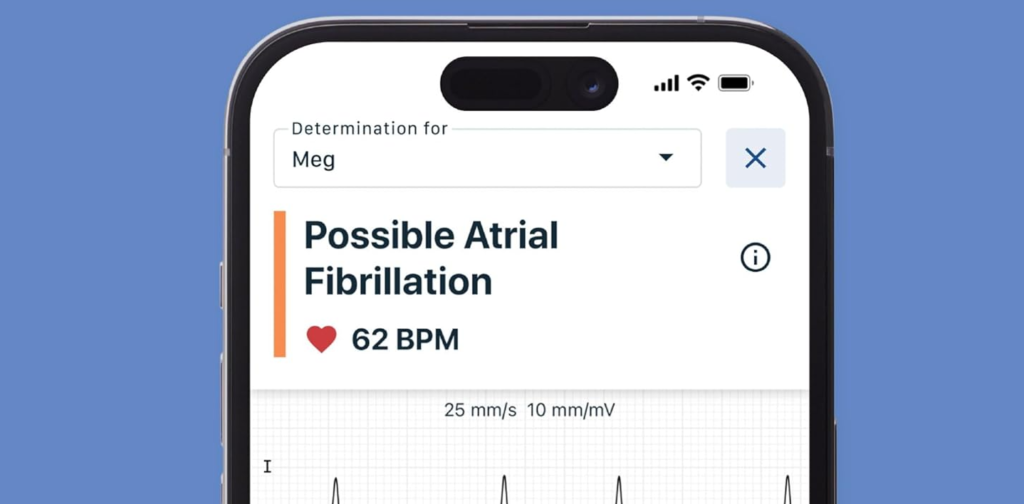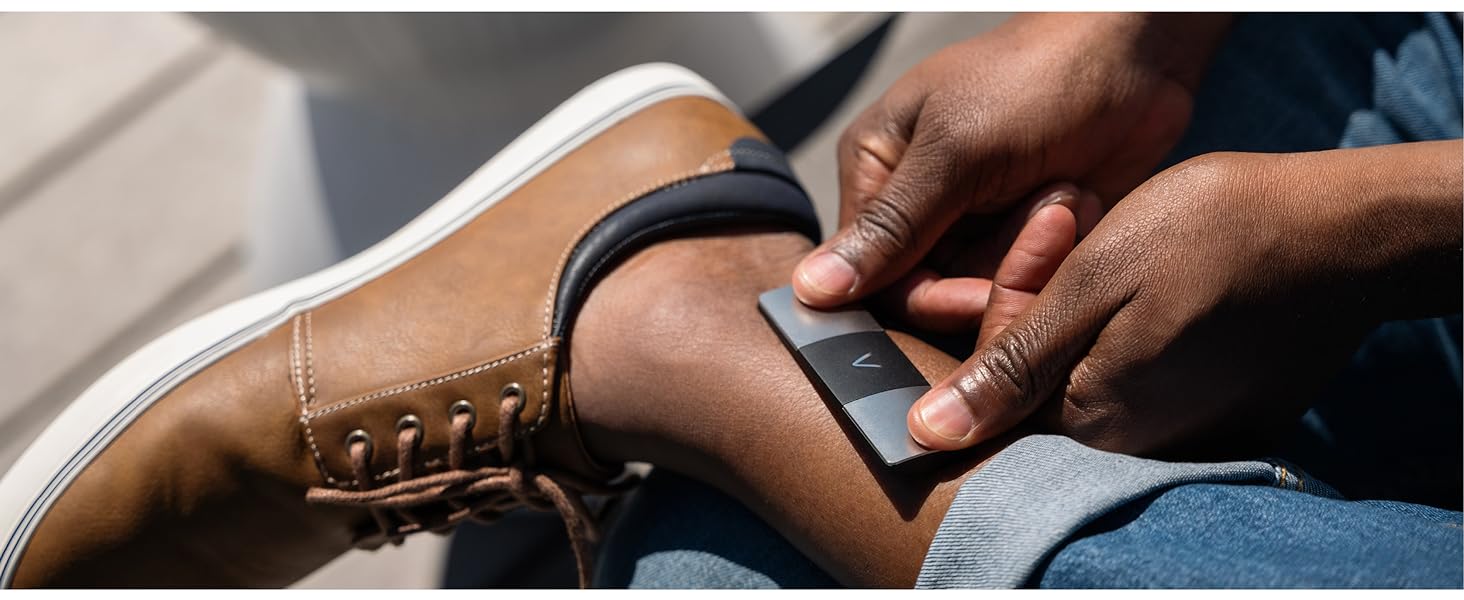Electrocardiogram (ECG) technology has significantly evolved since its inception, revolutionising the way we monitor heart health. Initially, ECG machines were large, complex, and confined to clinical settings, making them inaccessible for everyday use. However, advancements in technology have drastically transformed ECG monitoring, enabling individuals to manage their heart health from the comfort of their homes. This evolution is marked by the development of personal ECG devices, such as the KardiaMobile 6-Lead ECG Monitor, which epitomise the progress in this field.
Early Developments in ECG Technology
The first practical ECG machine was developed by Willem Einthoven in the early 20th century, earning him the Nobel Prize in Physiology or Medicine in 1924. Einthoven’s device, the string galvanometer, was a breakthrough, allowing for the electrical activity of the heart to be recorded and visualised. However, it was cumbersome and required a dedicated space and trained personnel to operate.
Throughout the mid-20th century, ECG technology advanced with the introduction of portable models. These machines, although still sizeable, provided more flexibility for use in hospitals and clinics. The development of the 12-lead ECG system became the standard, offering comprehensive heart health data through multiple electrodes placed on the body.
The Advent of Portable ECG Monitors
The late 20th century saw the introduction of more compact and portable ECG monitors. These devices allowed for limited mobility and were primarily used by healthcare professionals during home visits or in ambulatory settings. Despite their portability, these early monitors were still not practical for personal use due to their size, cost, and the need for professional interpretation of the results.
The Rise of Personal ECG Devices
The true revolution in ECG monitoring came with the digital age. Advances in microelectronics, wireless technology, and software development paved the way for the creation of personal ECG devices. These devices are small, affordable, and easy to use, allowing individuals to monitor their heart health independently.
The KardiaMobile 6-Lead ECG Monitor is a prime example of this technological leap. It provides a detailed six-lead ECG, which is a significant improvement over earlier single-lead devices. The six-lead system offers a more comprehensive view of the heart’s electrical activity, similar to the 12-lead systems used in clinical settings but in a much more compact and user-friendly format.
Future Trends and Advancements in Home Heart Health Monitoring
As technology continues to advance, the future of home heart health monitoring looks promising. Several trends and innovations are poised to further enhance the capabilities of personal ECG devices and improve heart health management.
Integration with Artificial Intelligence (AI)
Artificial intelligence is set to play a crucial role in the future of ECG monitoring. AI algorithms can analyse ECG data to detect patterns and anomalies that may be indicative of heart conditions. By integrating AI with personal ECG devices, users can receive real-time analysis and alerts, enabling prompt medical intervention when necessary. This technology has the potential to reduce the burden on healthcare systems and improve patient outcomes by facilitating early detection and treatment.
Enhanced Connectivity and Telemedicine
The integration of personal ECG devices with smartphones and other digital platforms has already revolutionised heart health monitoring. Future advancements will likely focus on enhancing connectivity and telemedicine capabilities. This includes seamless integration with electronic health records (EHRs), allowing healthcare providers to access and review ECG data remotely. Improved connectivity will enable continuous monitoring and timely medical consultations, making heart health management more proactive and efficient.
Wearable ECG Monitors
The future of ECG monitoring is also heading towards more discreet and wearable devices. Innovations in wearable technology are enabling the development of ECG monitors that can be integrated into everyday items such as smartwatches, fitness bands, and clothing. These wearable ECG monitors will provide continuous, real-time heart health data without the need for manual intervention, making heart health monitoring more convenient and less intrusive.
Advanced Sensors and Biometrics
Future personal ECG devices will likely incorporate advanced sensors and biometric technologies to provide more comprehensive health data. This could include combining ECG monitoring with other vital signs such as blood pressure, oxygen saturation, and respiratory rate. By providing a holistic view of a person’s health, these advanced devices will enable more accurate diagnosis and personalised treatment plans.
User-Friendly Design and Accessibility
As personal ECG devices continue to evolve, emphasis will be placed on user-friendly design and accessibility. This includes making devices easier to use for individuals of all ages and technological proficiency levels. Simplified interfaces, clear instructions, and robust customer support will be essential to ensuring that these devices can be effectively used by a broader population.
Data Security and Privacy
With the increasing use of digital health devices, ensuring data security and privacy will be paramount. Future advancements in personal ECG monitoring will need to address these concerns by implementing robust encryption and secure data storage solutions. Protecting user data will be essential to maintaining trust and encouraging widespread adoption of these technologies.
Discover more about the KardiaMobile 6-Lead
The evolution of personal ECG devices has transformed heart health monitoring from a clinical procedure to an accessible, everyday practice. Innovations such as the KardiaMobile 6-Lead ECG Monitor have made it possible for individuals to take control of their heart health, providing detailed and accurate data from the comfort of their homes. As technology continues to advance, the future of home heart health monitoring promises even greater improvements in accuracy, convenience, and accessibility.
Integrating AI, enhancing connectivity, developing wearable monitors, incorporating advanced sensors, and ensuring data security are just a few of the exciting trends shaping the future of personal ECG devices. These advancements will not only improve the management of heart conditions but also contribute to better overall health outcomes.
By embracing these technological advancements, we can look forward to a future where proactive and personalised heart health monitoring becomes the norm, ultimately leading to healthier lives and improved wellbeing.
This blog provides information on technological advancements in home ECG monitoring and should not be considered medical advice. Always consult with a healthcare professional for medical concerns and before using any new health monitoring devices.



